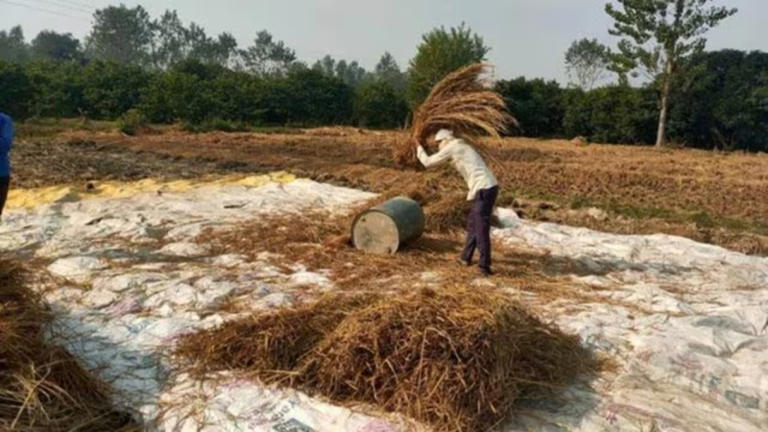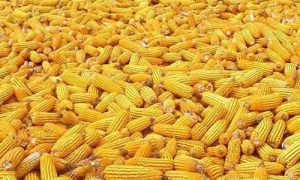Govt open to procure pulses, maize & cotton at MSP from farmers across India

NEW DELHI: The government has assured farmers nationwide that it will procure maize, cotton, arhar, urad, and masoor at minimum support prices (MSP) for the next five years. This initiative aims to incentivize farmers to shift away from water-intensive paddy cultivation. Agencies like Nafed and NCCF will oversee the procurement process without any upper limit, aiming to boost production and reduce import dependency on pulses. The move is part of efforts to enhance farm income and ensure agricultural sustainability.
The government is learnt to have assured agitating farmers that it will procure maize, cotton and pulses varieties – arhar, urad and masoor – at the minimum support price (MSP) not just from farmers in Punjab but from across the country for the next five years. The offer, according to official sources, is subject to the condition that farmers diversify from water-intensive paddy cultivation.
Officials said that to boost output, the government agencies would procure these five crops at MSP s “without any upper limit.” The modalities of MSP purchase are being worked out.
Earlier, the government had offered the same facility for farmers from Haryana and Punjab, but they refused to accept it.
The sources said the government agencies such as farmers’ cooperative Nafed and National Cooperative Consumers Federation (NCCF) will be entrusted with the task of procurement of pulses, maize and cotton from the farmers.
“Assured buyback is expected to encourage farmers to shift to pulses, maize and cotton from paddy,” a source said.
On the issue of providing legal guarantee of MSP purchase for 23 crops, a source said “MSP will remain in the current form and there would not be any change in it,”.
Meanwhile, the government has approved standard operating procedure (SoP) through which agencies such Nafed and NCCF will enter into pact with distillers for assured supply of maize at Rs 2291/quintal for ethanol manufacturing while the agencies will buy maize from the farmers at a MSP of Rs 2090/quintal for kharif season (2023-24).
“The scheme aims to ensure the guaranteed MSP to maize farmers, while distilleries get assurance of uninterrupted supply of the feedstock, de-risking price volatility,” an official said.
Currently, mandi prices of maize are ruling around Rs 2650/quintal while the demand for the corn has been robust because of sustained demand from the poultry industry and the government’s thrust on making ethanol from maize.
At present, the country produces around 28 million tonne (MT) of pulses, which is largely sufficient to meet the domestic demand. However in terms of production and consumption of pulses varieties – tur, urad and masoor, ‘there is a slight mismatch,’, sources said.
Higher production of three varieties of pulses would reduce the country’s import dependency. India imports 3 MT of pulses from several countries – Canada, Russia, Australia, Mozambique, Malawi and Myanmar.
The Commission for Agricultural Costs and Prices (CACP) in its kharif (2023-24) report has acknowledged crop diversification from paddy to nutri-cereals, pulses and oilseeds is a dire need to improve farm income, nutritional security, sustainability and maintain demand-supply balance.
“In order to enhance farmers’ income, efforts are needed to reduce cost of cultivation, improve yield, ensure remunerative prices and provide a sustainable market to farmers, particularly in nutri-cereals, pulses and oilseeds,” according to the commission.
















